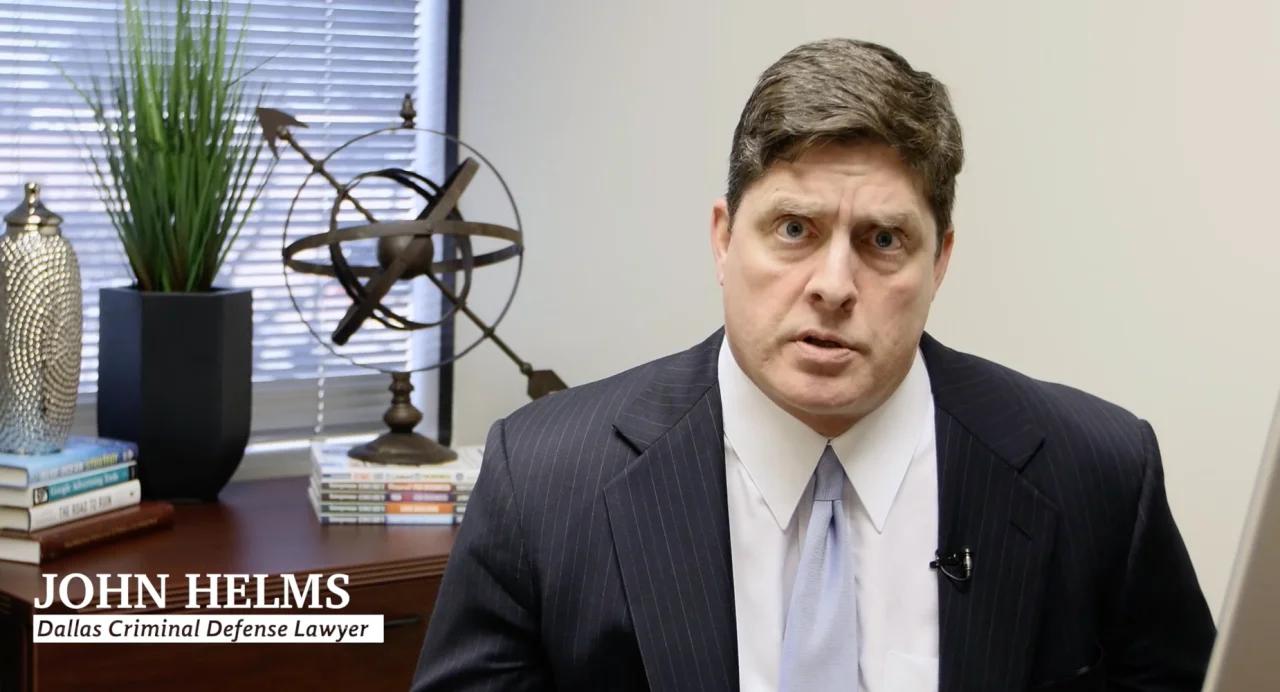Racketeering
- Home »
- Racketeering »
What Is Racketeering?

When you hear the term racketeering, you might associate it with mafia gangs or 1950s mobsters. While it’s true that some mafia enterprises have been taken down on racketeering charges, the crime of racketeering can apply to a wide range of individuals and activities.
Racketeering involves an individual or an entity creating a business for the purpose of carrying out fraud. This can take the form of money laundering, extortion, bribery, gambling, or any number of related crimes. In many cases, the racket sets up a legitimate business to act as a front or screen for the illegal activity taking place behind the scenes.
In more recent times, racketeering has become more prominent over the internet, with groups of hackers infiltrating corporate computer systems to steal information, seize control of a company’s financial systems, or place viruses on computers until the company agrees to hand over ransom money.
The RICO Act

The RICO Act is a federal statute passed in 1970. The full name is the Racketeer Influenced and Corrupt Organizations Act. Under the RICO Act, it’s easier for law enforcement and federal agencies to prosecute individuals engaged in criminal enterprises.
Before the RICO Act, law enforcement often found that they could bring charges against a specific person within a crime organization who carried out a crime, but they couldn’t make any charges stick against the boss or person who directed the crime. For example, if a hit man committed a murder, officers could usually charge him with murder, but they didn’t have the authority to bring charges against the crime boss who ordered the hit.
Once the RICO Act was passed, it became easier for law enforcement to target the leadership within these illegal organizations. They could also expose the money trails funding organized crime, which could lead to additional criminal charges.
The penalties for a conviction under the RICO Act can be severe. While some crimes under the RICO Act involve financial crimes that aren’t violent, prosecutors still pursue these offenses aggressively. Depending on how many counts a person faces, they could end up being sentenced to 20 years or more in prison. In addition, they may be required to pay substantial fines.
How Did Racketeering Get Its Start?

Racketeering has a long history, and most historians trace it back to Sicily, where organized crime gangs made up of families and their supporters banded together to repel foreign invaders. Over time, however, these gangs evolved into more criminal activities.
The first individual to bring organized crime to the U.S. was a Sicilian named Lucky Luciano, who traveled to America in 1906. While the U.S. had forms of organized crime prior to Luciano’s arrival, he was the first truly organize and structure criminal enterprises in New York City. Over time, he founded the city’s infamous five families.
Luciano was eventually arrested in 1936 and served time in prison for a long list of murders. Because he had such widespread connections around the city, however, the federal government actually enlisted his help in providing security for New York City’s waterfront during World War II. Luciano was later released from prison, after which he was deported to Italy.
Modern Racketeering

Mob movies are a popular film genre, which might explain why most people associate racketeering with the mafia.
However, modern racketeering often takes on a variety of forms that don’t involve the traditional idea of a crime lord. In 1989, for example, junk bond king Michael Milken was indicted on 98 separate charges of racketeering and other counts that included fraud, insider trading, and other crimes involving securities violations.
Following his indictment, Milken entered into a plea bargain that required him to serve 10 years in prison and pay $600 million in fines.
After serving two years in prison, Milken was released for good behavior and for cooperating with prosecutors on other cases involving securities fraud. While he was banned from ever working in securities again, he has become known for his most recent work in medical philanthropy. He received a presidential pardon in February 2020.
Cybercrime and Racketeering

As technology has evolved, racketeering has followed suit. More modern examples of racketeering typically involve computer crimes, such as extortion carried out over the internet.
For example, instead of using physical breaking and entering or spies to carry out corporate espionage, today’s criminal rackets often resort to hackers who can break through a company’s computer security systems to steal information or even hold certain records or data hostage until a company agrees to pay a ransom.
This has happened to a number of large companies in recent years. In some cases, hackers have seized control of entire systems, preventing a company from accessing its own data until company leadership agrees to pay. In other cases, hackers get access to millions of customers’ information, such as credit card numbers and social security numbers, and release it publicly or sell it on the dark web. This can cost a company millions in damage control, reputation restoration, fines, and lawsuits.
I Can Help You Navigate The Complex
American Criminal Justice System

Call John Helms Dallas Criminal Defense Lawyer NOW!
You Need to Know the FACTS!

Don’t take a chance on an inexperienced
attorney. Your FREEDOM is at RISK
I will fight to get your life back as with countless clients before YOU.
FAQ

If you have not been arrested or charged with a crime, but the police have told you that they would like to talk to you, what do you do? Do not say a thing; let them know you want to use your right to get a lawyer. And do it ASAP.
Whenever you have any dealings with the police, you should be represented by a lawyer. If they are looking for you, if they want to talk to you, if they want to arrest you, or if someone has contacted law enforcement and accused you of a crime, you need a lawyer.
Even if you plan on pleading guilty, it is critical that you hire a criminal defense lawyer to protect your rights. Representing yourself is never a good idea. Even if you plead guilty, you can expect that prosecutors will try to take advantage of your inexperience by only agreeing to a plea deal that is less favorable than they would with a lawyer. Plus, an attorney may be able to spot problems with the government’s case that you would not recognize, like evidence that should be suppressed. Problems like that might result in dismissal of the charges altogether, but just being able to spot them can help negotiate a better deal with a prosecutor. An attorney, especially a former prosecutor like me, can help you protect your rights, evaluate your options, and negotiate with the prosecutors for the most favorable outcome.
In criminal cases, we usually charge a flat rate for everything but trial and a trial fee that is only owed if the case goes to trial. A flat fee means that, no matter how much work the lawyer has to do, you know up front what the fee is going to be. We base our fees on our estimate of the amount of time and work that will be required to defend the case. We are not a factory type of operation, so we generally do not have “grocery store” pricing, in which a given crime costs a set amount regardless of the facts. Each case is different, and we try to tailor our fees to your individual case. That means that we want to find out about your case and that we try to set our fees based on how much work we think your case will take and how complicated it will be.
If you are under investigation, but you have not been charged, we may offer to represent you during the investigation based on an hourly rate with a cost deposit that we bill against. This can benefit you because it can be difficult to predict how much work it will take to represent someone during an investigation, and an hourly rate means that you will only pay for the work done.

I Have Represented Some Of The Country’s
Largest
Corporations Including:








